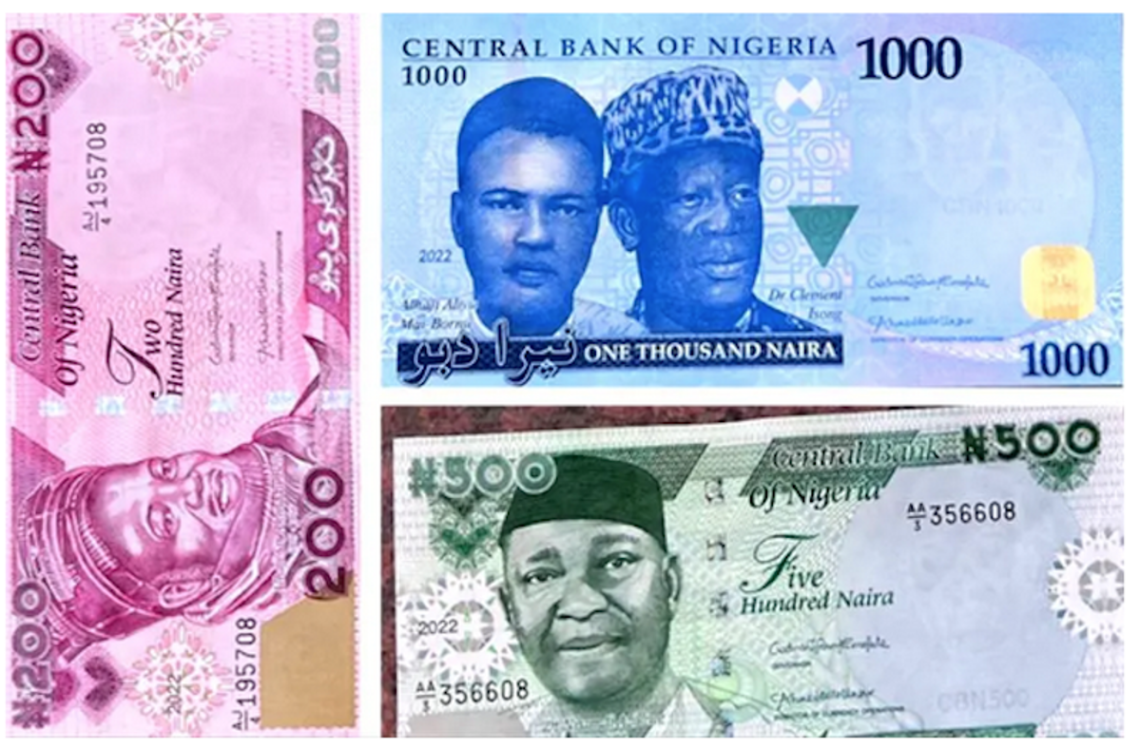Three experts in the Nigerian economy have proposed potential solutions to address the country’s exchange rate challenges, as the value of the naira continues to decline. The naira’s exchange rate on the black market has reached N615 per dollar, causing severe implications for the import-dependent Nigerian economy. The scarcity of the US dollar is attributed to factors such as low crude oil production and theft, resulting in reduced foreign currency earnings.
The depreciation of the naira and import dependence has led to inflation, particularly due to Nigeria’s reliance on imported petroleum products that are essential for everyday life, spanning manufacturing to transportation. The cost of premium motor spirit (petrol) has risen to between N180 and N250 per liter, while the price of diesel has also increased from approximately N250 in January to N800-N900 per liter. Similarly, cooking gas and kerosene prices have seen significant spikes since January, with cooking gas prices reaching N9,500 to N10,000 for a 12.5-kilogram cylinder.
One expert, Taiwo Oyedele, the Fiscal Policy Partner and Africa Tax Leader at PricewaterhouseCoopers, suggested reviewing the policy that prohibits 43 items from accessing foreign exchange for importation. Oyedele emphasized that those items are not contraband but are currently restricted from accessing forex. He highlighted that the problem lies in the fact that even those not on the list struggle to obtain foreign exchange, with some manufacturers reportedly receiving only around 5% of their forex requests from the Central Bank of Nigeria (CBN). Oyedele recommended allowing anyone who wishes to import goods to participate in a market bidding system for forex, urging the government to stop restricting forex for certain products.
Johnson Chukwu, the Chief Executive Officer at Cowry Asset Management Limited, emphasized the need for Nigeria to start exporting processed products to enhance the value of the naira. He also advocated for the revitalization of the country’s refineries to reduce foreign currency expenditure on petroleum product imports and curb inflationary pressures. Chukwu highlighted the vulnerability of Nigeria’s economy due to its heavy reliance on crude oil exports and subsequent petroleum product imports.
Chizor Malize, the Managing Director/Chief Executive Officer of the Financial Institutions Training Centre (FITC), echoed the sentiment that Nigeria should transition from consumerism to production to avoid currency crises. Malize emphasized the importance of transforming Nigeria into a producing and manufacturing hub to create quality products for export.
Recent data from the Central Bank of Nigeria revealed a significant increase in the number of Bureau de Change operators in the country, rising from 74 in 2005 to 5,689 in 2021, despite warnings from the World Bank to unify the exchange rate, a step the CBN has been unable to take.
In light of rising global inflation, the International Monetary Fund (IMF) chief, Kristalina Georgieva, called on G20 countries to take decisive measures to mitigate inflationary pressures.
These proposals and analyses by experts reflect the urgent need for Nigeria to address its exchange rate challenges and diversify its economy away from heavy reliance on imports and crude oil exports.





